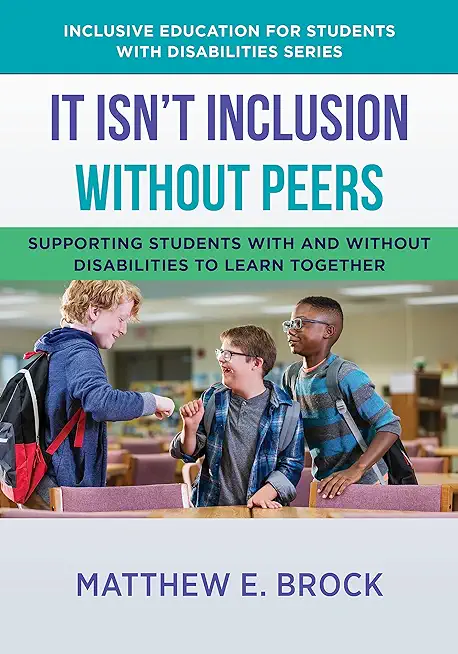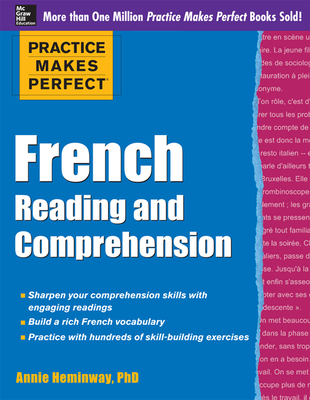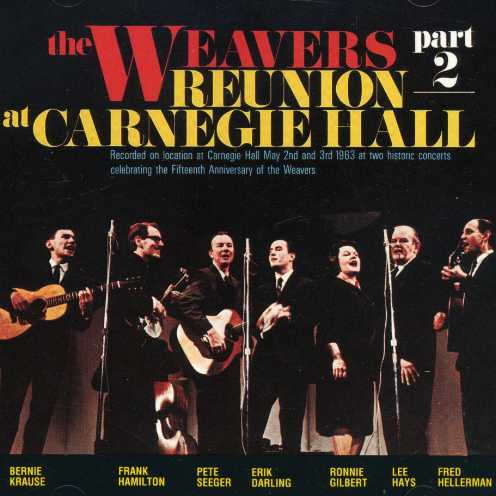
Brock, Matthew
product information
description
/em> are a category of practices in which students without disabilities provide academic and social support to classmates with disabilities in inclusive classrooms, cafeterias, and on playgrounds. These support strategies are shown to have positive effects on academic, interpersonal, and social development--not only for students with disabilities, but also for their classmates who serve as peer supports. Students with a variety of disabilities benefit from peer-mediated support interventions, including students with intellectual disabilities, autism spectrum disorder, and multiple disabilities.
In this book, Matthew Brock provides educators with a practical guide to the implementation of peer-mediated interventions. General and special education teachers will receive expert guidance on how to decide which combination of interventions is likely to work best for each child, and how to collaborate with paraeducators and each other to implement the selected strategies.
member goods
No member items were found under this heading.
Return Policy
All sales are final
Shipping
No special shipping considerations available.
Shipping fees determined at checkout.







